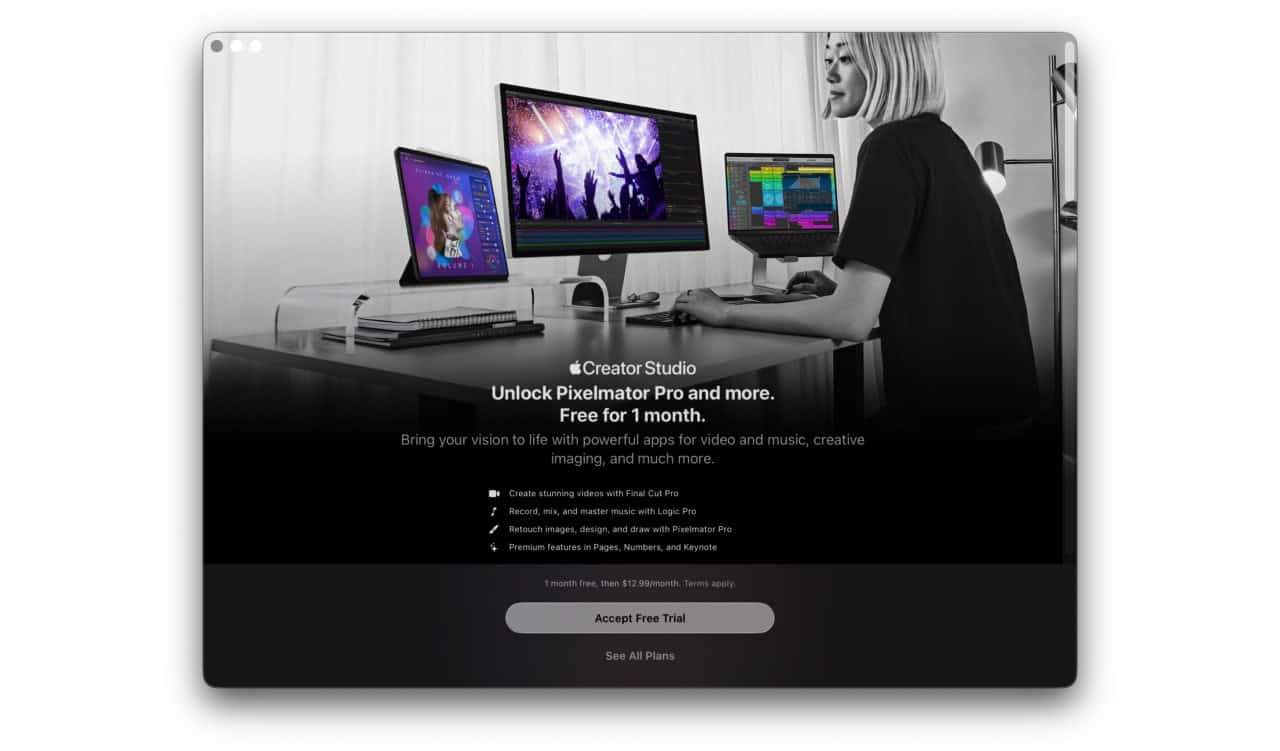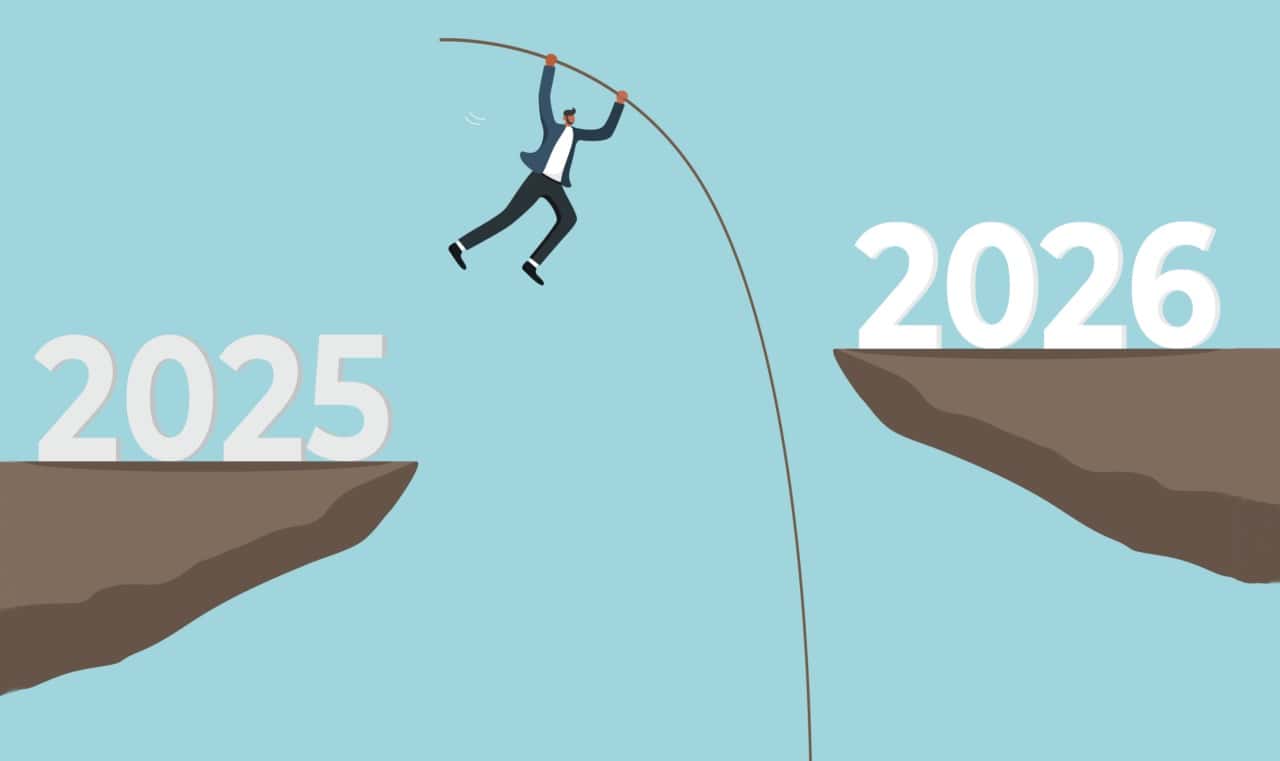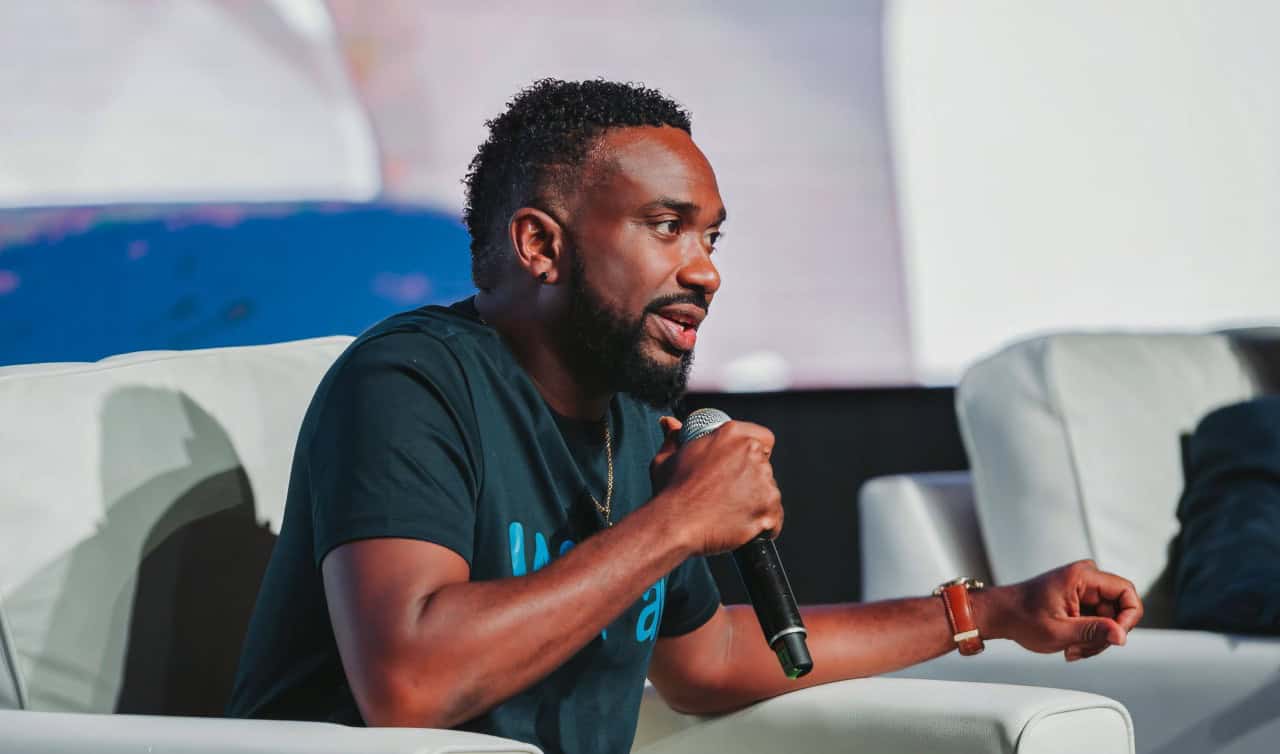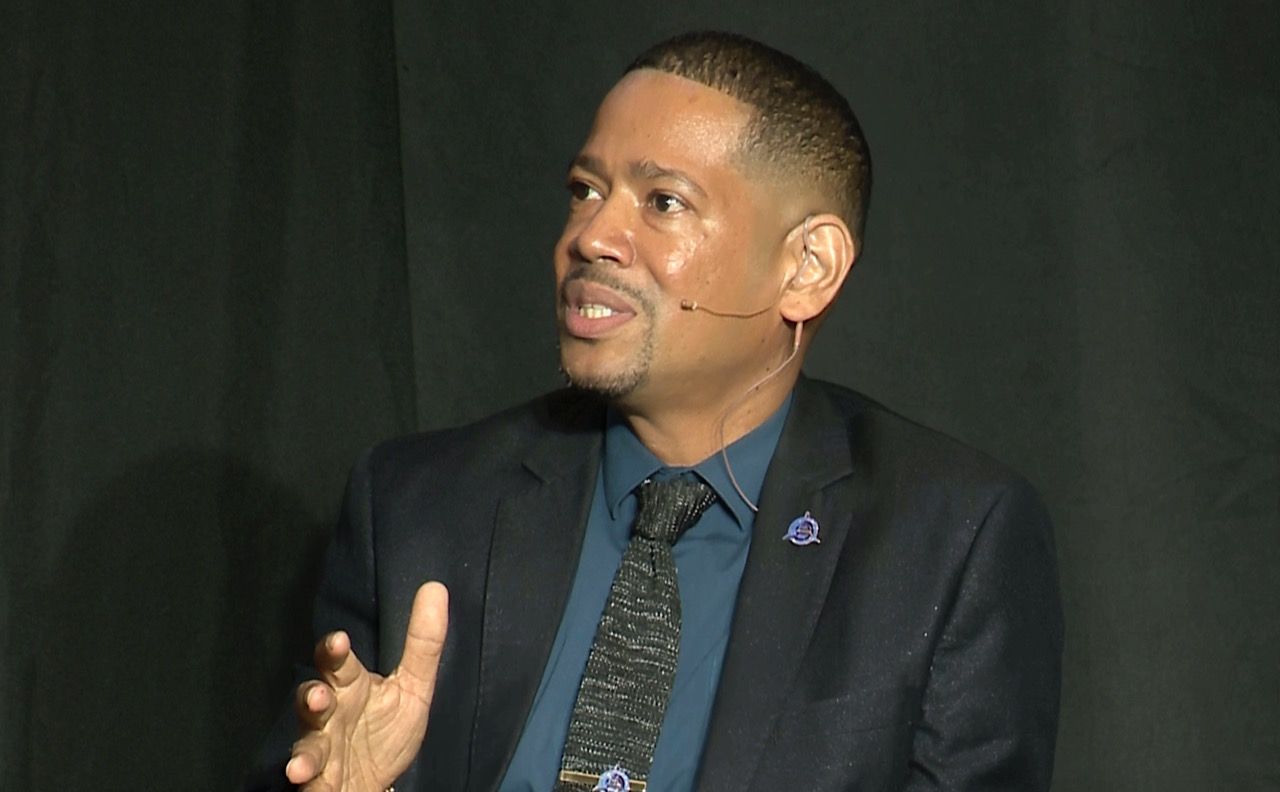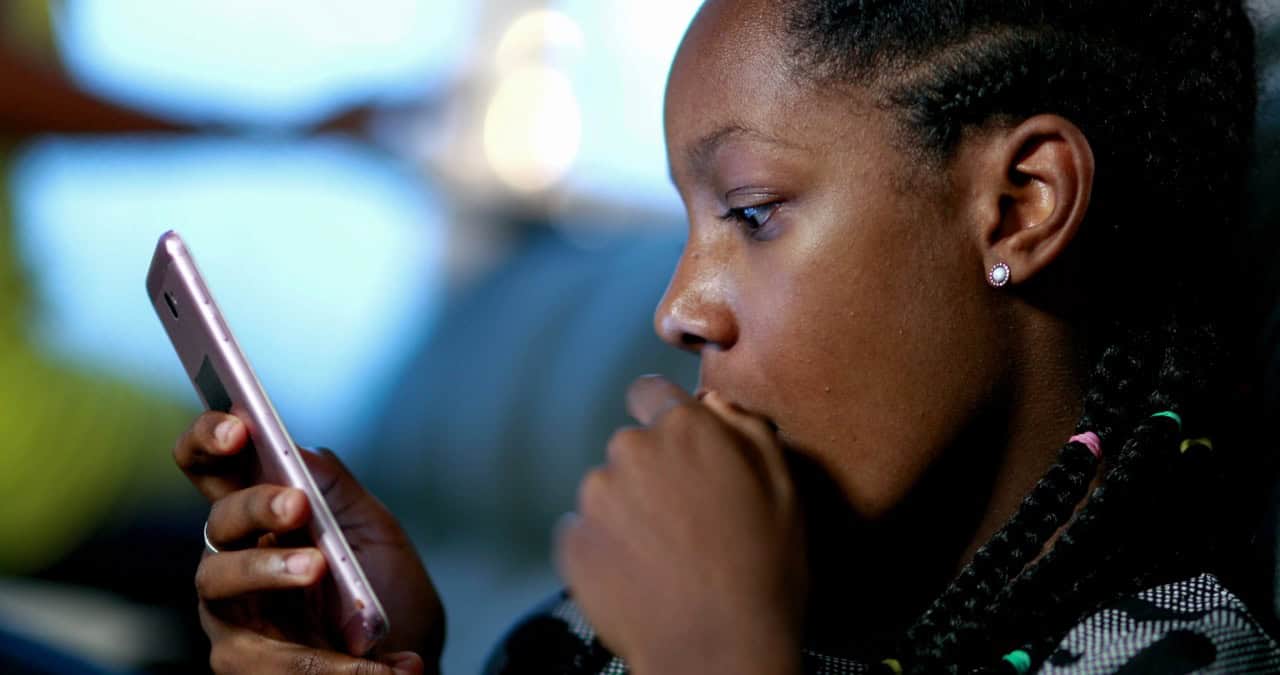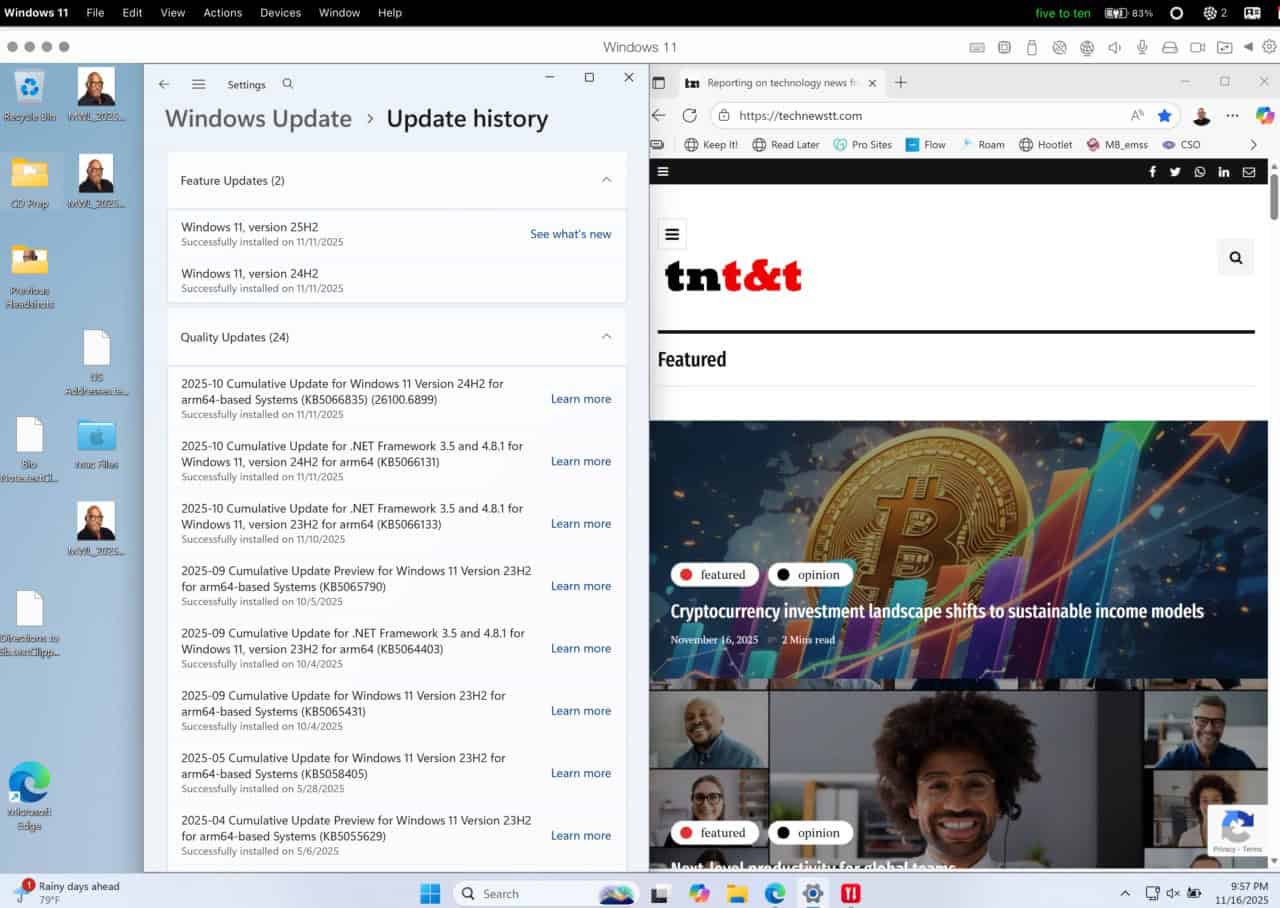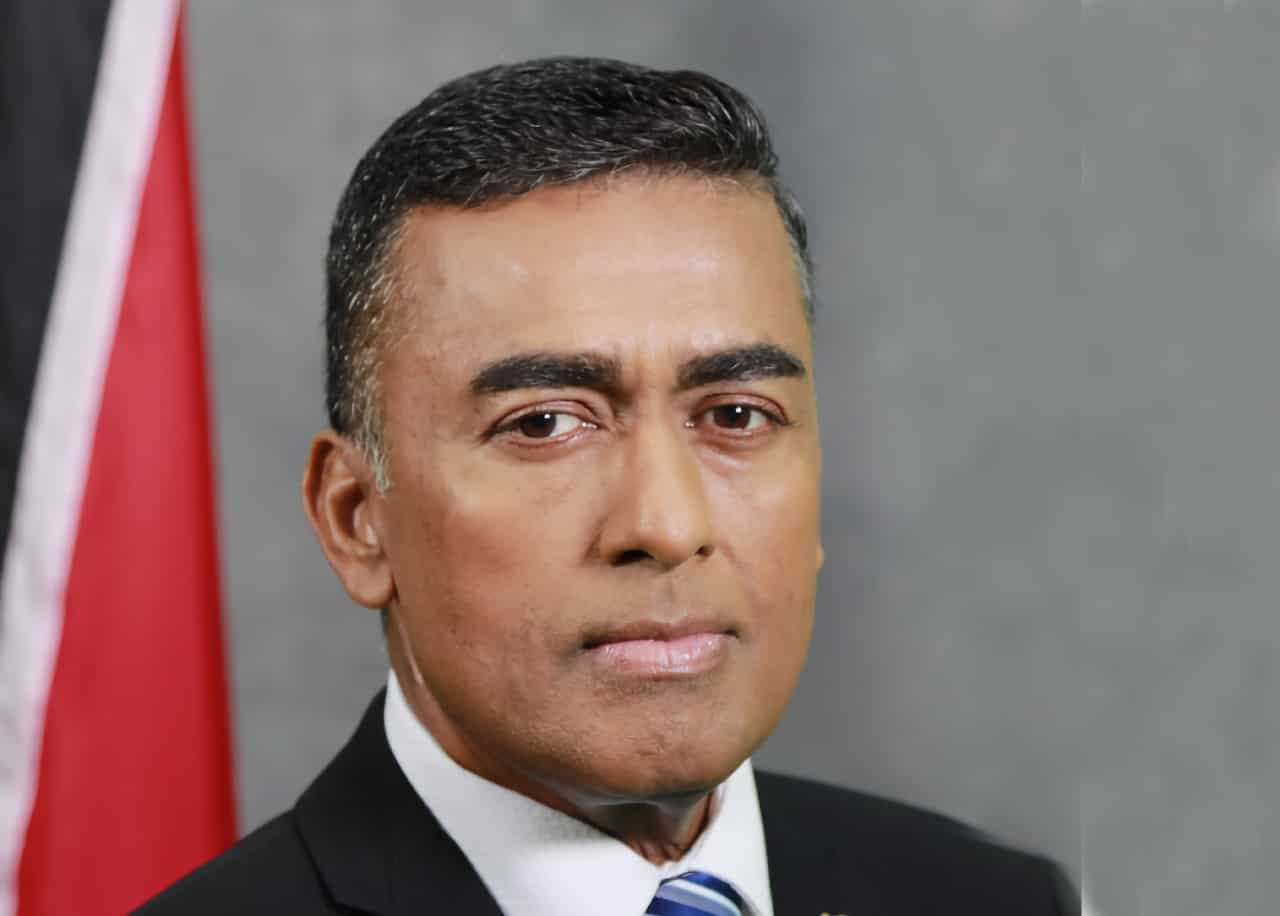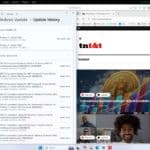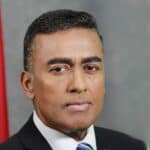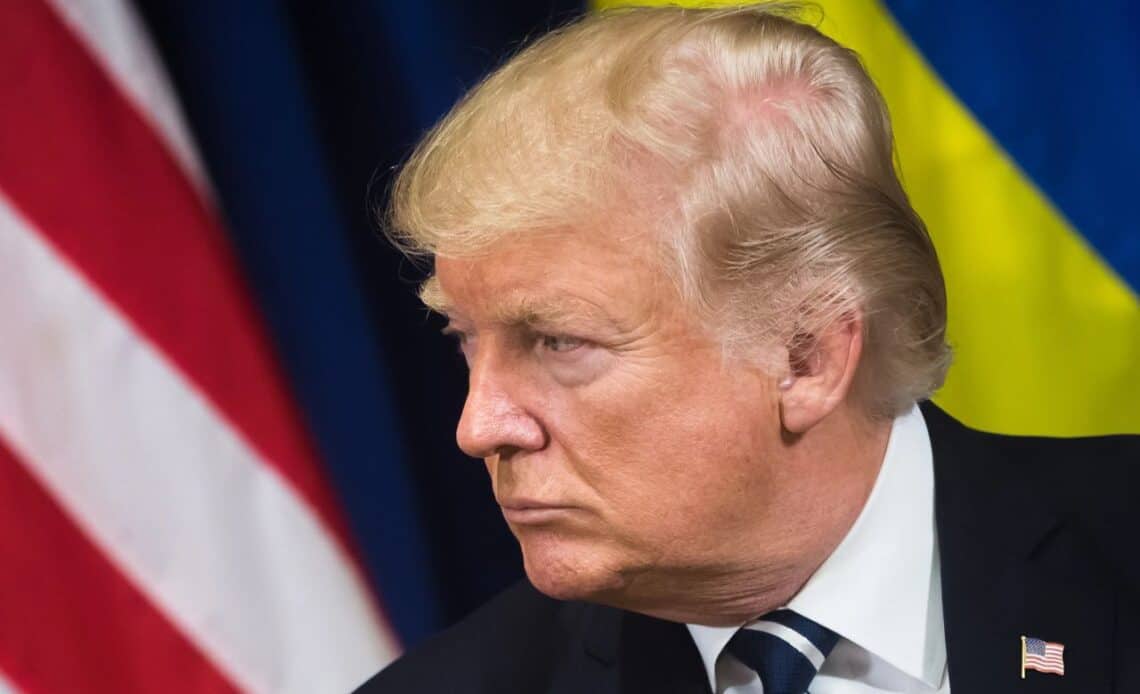
- US newspaper endorsment of political candidates is declining
- Trump’s hostility and Project 2025 threaten journalistic practice and the future of independent reporting
- Trump’s approach to the media could serve as a model for other global leaders
Above: President-elect Donald Trump, September 2017. Photo by palinchak/DepositPhotos
BitDepth#1484 for November 11, 2024
On Tuesday, Donald Trump was elected president of the US.
The 45th US president will return as the 47th, returning Donald Trump to leadership of a major economic and military power.
Trump has openly declared his contempt for all traditional media houses, mostly sparing the unremittingly conservative Fox News, but despite having chosen to connect with his followers on his own micro-blogging service, Truth Social, he remains vigilant about how he is portrayed in print and television.
Trump is a man of both worlds, having starred on the reality show The Apprentice after carefully managing his public persona over decades in traditional media stories.
But over the last decade, he has come to appreciate power of both traditional and social media often using the latter quite unrelentingly to defuse the power of the former.
A sustained attack could not come at a worse time for mainstream media, already destabilised by the confidence lost by the older, conservative elements of its core audience and a lack of interest from a generation raised on participation media.
In the US, the confidence of that audience plummeted dramatically after both the Washington Post and the LA Times announced that they would not endorse a candidate for president.
Both newspapers are owned by billionaires, the Times by Dr. Patrick Soon-Shiong accused of refusing to allow the editorial board to endorse Kamala Harris and the WaPo, owned by Jeff Bezos.
The LA Times lost 18,000 subscribers, 4.5 per cent of its paid readership, three of its leader writers and the paper’s editorials editor, Mariel Garza, following the decision, while the Post lost 250,000 subscribers, ten per cent of its paid users after Bezos published a skittish rationale for its decision.
Those readers didn’t disappear. The UK Guardian’s US arm reported more than US $2 million in pledges following the cancellations.
In an op-ed published in the Post, Mr Bezos wrote: “”Our profession is now the least trusted of all. Something we are doing is clearly not working.”
In response, David Simon, creator of The Wire and a former reporter, wrote on X about his reasons for cancelling his WaPo subscription: “If this technobrat oligarch ever releases his grip on what needs to be an independent newsroom and editorial board, indifferent to the financial positions of its publisher, then I’ll return.”
The tradition of endorsing candidates in state and general elections has been steadily shrinking in US papers.
The American Presidency Project has been tracking endorsements by the 100 largest circulation newspapers since 2004, when four publications declined to publish endorsements.
By 2020, 44 publications had dropped presidential candidacy endorsements and the number is believed to have grown to 71 in 2024.
These decisions appear to have been driven by practical business concerns by newspapers that can’t afford to risk losing any more paying customers.
Beyond the president-elect’s often-expressed intent to retaliate against journalists he believes are unfairly attacking him is the agenda of Project 2025, a document created by the Heritage Foundation think-tank as the template for an incoming conservative government.
The plan includes a strategy to rein in two notable targets, VOA and Tik Tok. Project 2025 advocates moving the U.S. Agency for Global Media – the oversight body for Voice of America – from Congressional oversight and placing it under the National Security Council.
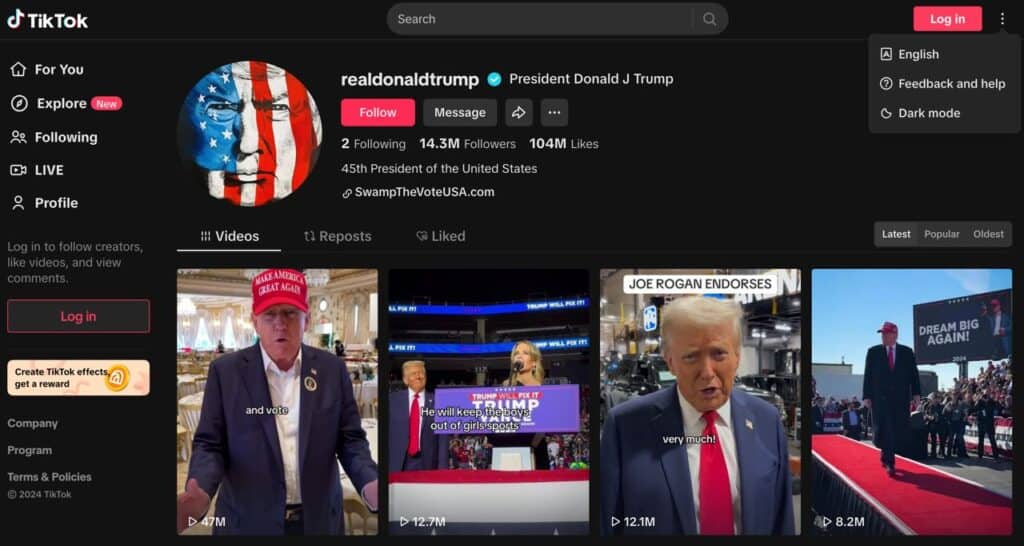
Banning Tik Tok,already underway in Canada and described as a serious and unacceptable foreign-based influence as well as a source for data for training Chinese artificial intelligence is also part of the plan.
Amendments to laws limiting the seizure of journalists’ emails and phone records are also on its agenda.
Speaking to Steve Bannon in a December 2023 podcast, Kash Patel, a Trump loyalist bluntly promised that he would go after those responsible for a perceived conspiracy in the 2020 election: “We’re going to come after the people in the media…We’re going to come after you, whether it’s criminally or civilly.”
The Project 2025 plans for Section 230, an article of US law governing responsibility for online commentary are equally expansive, some of which are sensible but others have the potential to bring a chilling effect to free speech.
During his campaign, the president-elect engaged in colourful hyperbole directed at journalists or media houses who annoyed him, not hesitating to describe the media as an “enemy of the people.”
Donald Trump sued the Pulitzer board in 2022 for awarding prizes to the New York Times and Washington Post for their reporting on his ties to Russia.
In 2023, he suggested that NBC should be tried for treason for reporting its coverage of his criminal trials.
After his debate with Kamala Harris in September, he appeared on Fox & Friends to suggest that ABC should have its license revoked for fact checking his statements.
“It was three to one,” he argued.
Project 2025 and the new president’s ire are not necessarily an agenda, and it’s unclear how much residual media-related resentment will colour his second presidency, but regional media should be concerned.
Much of journalistic practice is accomplished through a mix of legislative freedoms and an acceptance of the craft as delivering a common good.
When a former and future American president makes it clear that he considers independent reporting to be a nuisance and eminently disposable, when billionaire owners are allowed (if Project 2025 planners have their way) to have new freedoms to acquire media houses like party favours, when competitive viral falsehoods scuttle efforts at reporting fact, a dangerous example is set.
If regional politicians and businessmen, following an influential and successful presidential example decide that what’s good for the US is good for us, then journalism faces an unprecedented challenge.
Trump’s approach to the media is likely to prove instructive to many globally, offering them a licence for ill. And it’s not as if TT has any shortage of elected leaders who have publicly and privately demonstrated a short fuse with the media’s ambit.
For most of our lifetimes, as goes America, so goes the region has been the expectation. Journalists must prepare to resist that tide.




